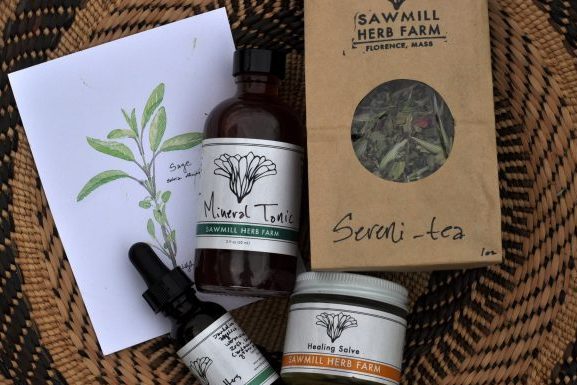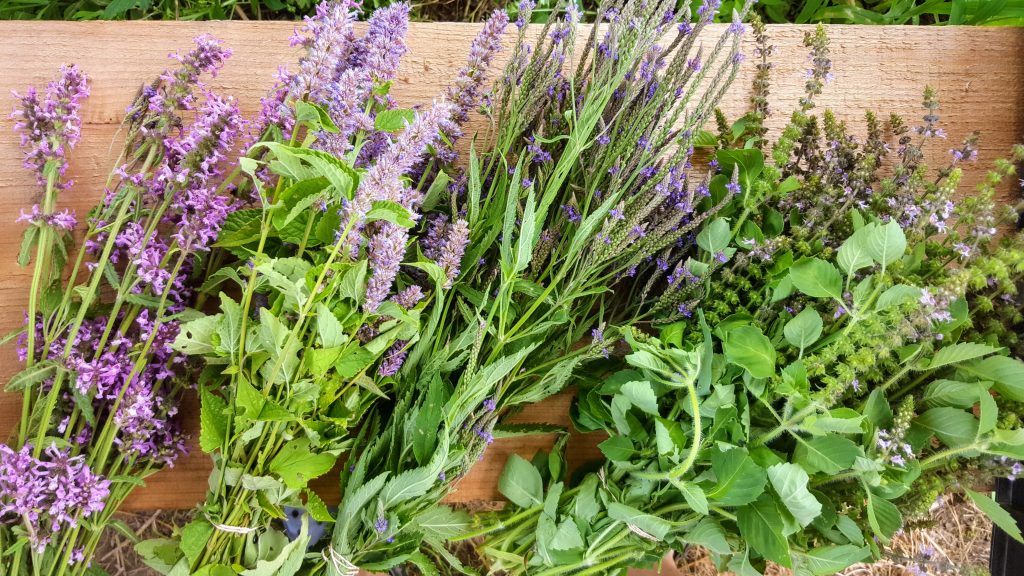Herb Profile: Black Walnut
Black Walnut, Juglans nigra

Black walnut is useful in treating skin diseases, particularly of a fungal nature, including eczema, psoriasis, herpes, and skin parasites. It is a very effective treatment for athlete’s foot. It is indicated, too, when there is a combination of skin and gastrointestinal issues as a result of an internal parasite or fungus, such as candida, pin worms, or tape worms.
Preparations
It can be used in a number of ways, and can be taken internally or used externally. If taken internally, herbalist Matthew Wood recommends low-dosing, taking 1-3 drops 1-3x/day, while an olive oil infusion of the crushed hulls can be used as the base for an anti-fungal salve. It can also be powdered and used in foot soaks, and as a wash for skin infections. As a tincture, black walnut can be applied topically to herpes and cold sores.
Cautions/Contraindications
Black walnut is not recommended for long-term use. Taken in large doses internally, black walnut is a sedative to the heart and circulatory system. Additionally, black walnut hulls will stain the skin if applied topically, though the stain only lasts for a few days. Not recommended for use if pregnant.
Disclaimer
The information on this page has not been approved by the FDA. Please consult your healthcare practitioner before using herbal products. We do not endorse the websites linked to in the resources and have not extensively reviewed all the information on external pages for accuracy. Everyone reacts differently to herbs and we do not attempt to be completely inclusive in the information and contraindications for each herb.
Shop our Apothecary and Nursery
-

Apothecary Products
Empower yourself with an apothecary that will nourish you in every season. All...
-

Nursery Products
Grow your garden. We grow certified organic herb, flower and vegetable starts...


